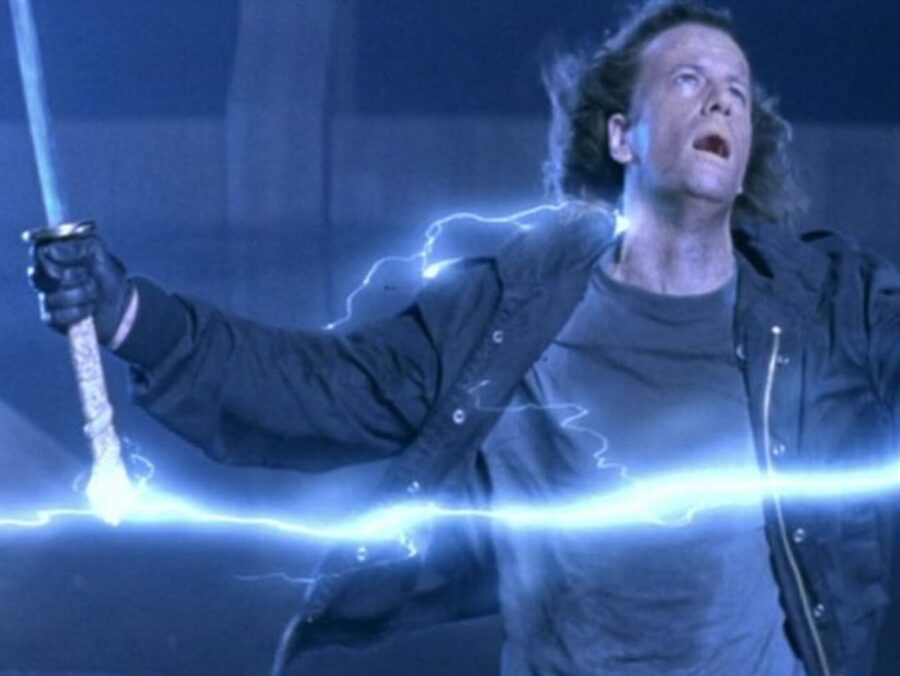Immortality Is Going To Happen, Scientist Reveals When We’ll Live Forever And It’s Not Far Away
Futurist Ray Kurzweil is predicting that by 2030, microscopic gelbots in our bodies will make it possible to cure disease and live forever.

You’re 40 years old, but you’re not Dwayne Johnson; it’s the time in life when your body doesn’t bounce back from a good workout as fast as it used to; when you eat a pizza, it sits with you for longer, and sleeping wrong could jumpstart a week of back pain. Of course, this could all be a thing of the past as, according to The New York Post, a scientist has predicted that we will soon be able to cure diseases and live forever. Futurist Ray Kurzweil believes that humans will be able to achieve Highlander levels of immortality by the year 2030.
Imagine a world where you can eat that pizza, and your body will take what it needs from the pizza and expel the rest or be able to tell you exactly what it needs for you to eat to be healthy. That how Kurzweil believes immortality will be achieved by 2030 with the use of tiny, microscopic robots that will live in the bloodstream and seek out what it needs and get rid of the rest. Not only that, but they will also seek out anomalies in the body usually responsible for developing into diseases like cancer and remove those from the body as well.
If it seems like this future immortality world of 2030 sounds like Blade Runner, you may be correct, but Kurzweil has been right about many of these things before. According to his own report (so maybe take this with a grain of salt), he accurately predicted that consumers would have the ability to design their clothes from their home computers by 1999. He also predicted that the world’s best chess player would lose to a computer by 2000 and that people would primarily use laptops by 2009.

Of course, his fortune-telling in the scientific community (including everyone using high-speed, wireless internet by 2010) caught the attention of many Silicone Valley billionaires, including Peter Thiel and Jeff Bezos. The former, the entrepreneur behind PayPal, was an early investor in Unity Biotechnology, which is devising therapeutics to delay aging-related diseases at the cellular level and raised over $100 million for the venture in 2016. The founder and former CEO of Amazon has reportedly invested in Altos Labs, a biotech startup focused on cellular rejuvenation programming to restore cell health and resilience, intending to reverse disease to transform medicine.
Of course, it isn’t like you will have little Terminators seeking out cancer cells like they are Sarah Conner giving birth to the leader of the human resistance. According to Kurzweil, it is more likely that these little bots will be more like gelatin; the 3D-printed device may someday replace traditional pills or injections that can cause problematic side effects.
You may be getting older by the day, but if Kurzweil is correct and we reach what he calls “the singularity” by 2045 (meaning we have combined our intelligence with AI), and the gelbot has been in your body for 15 years, it may not matter. Honestly, while everlasting life may sound awesome for some, it also sounds like retirement is a thing of the past. Hope you are doing what you love.











